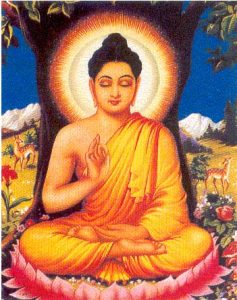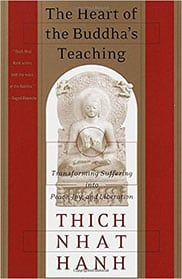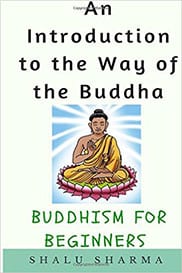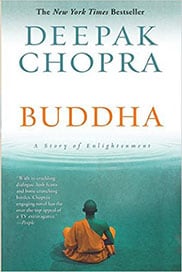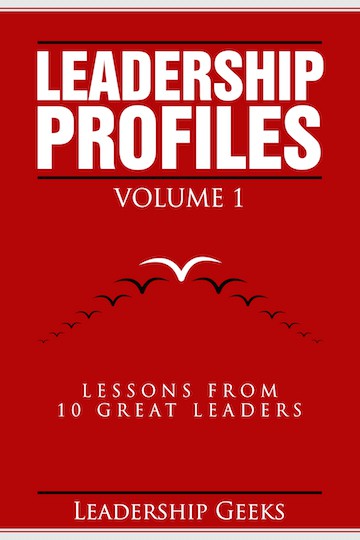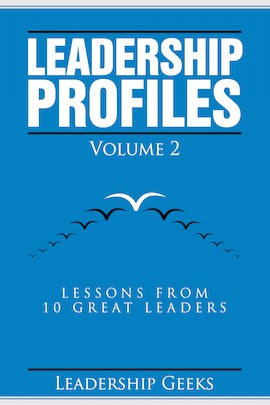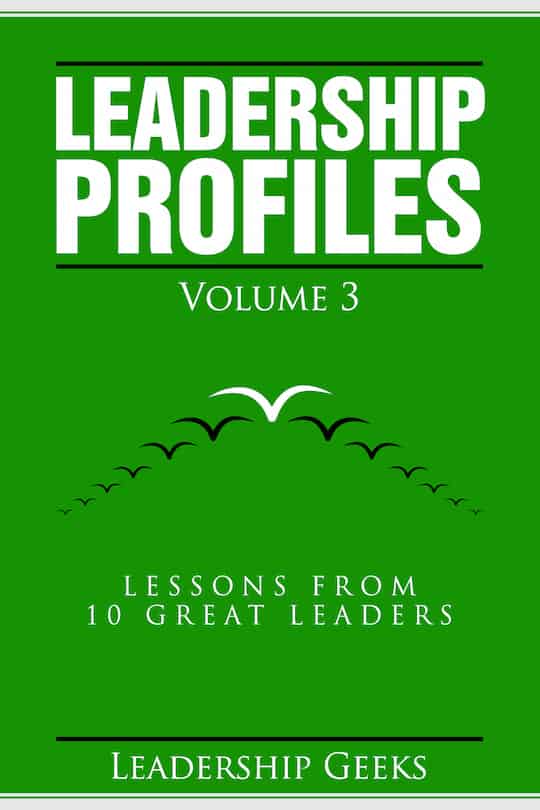Buddha is the founder of Buddhism, also known by many as the “enlightened one”. According to history, he achieved enlightenment under a Bodhi Tree after 49 days of meditation. He then travelled throughout Nepal and India to preach the Way. After his life, he had many disciples who went on to promote the Way to other people and spread his thoughts and ideas throughout the region.
A Short Biography
Buddha was born into a rich family. As the son of the king, he had great material wealth and power. However, he decided in his heart that material wealth was not a man’s ultimate life goal. He was depressed by the sight of suffering and resolved to live the life of an ascetic to overcome all.
With a resolve to find answers, he sneaked out of the palace on a journey to find Enlightenment. He started by trying self-mortification. After collapsing from a lack of food during his bath, Buddha decided that it was not the way.
Then, he remembered a moment in childhood in which he had been watching his father start the season’s plowing. He attained a concentrated and focused state that was blissful and refreshing, the jhāna.
It was then that he decided that neither self-indulgence nor self-mortification, but jhana was the way to go. Following this incident, he sat under the Bodhi tree and vowed not to stand up until he had achieved Enlightenment. 49 days later, he stood up, proclaiming that he had achieved Nirvana.
Buddha believed that he had insight into suffering and the way to eliminate it. He called it the Four Noble Truths. He began finding disciples and his movement began to spread through the Nepal and North India region as he went around speaking to the masses for the next 40 years and more.
After his death, his disciples continued to spread Buddha’s message and thus Buddhism was born.
Leadership Lessons from Buddha
Buddha had many life lessons to teach his disciples, here are some of his teachings that can relate to you as a leader:
1. Balance is key
Buddha believed in a balanced, middle way, not self-indulgent, nor self-mortifying. He tried the way of suffering, and then the way of indulgence and he concluded that neither was the way. The way of balance is the key, he says.
This speaks of balance in our personal lives and our leadership. In our lives, we have to find a balance for our spirit, soul and body in our daily lifestyles. Too much work or too much rest causes us to go off balance and affect the quality of our life and leadership.
In our leadership, we need to learn to be balanced in our approach. Some situations require the soft and encouraging approach while other situations require autocratic and firm leadership. While we are usually inclined to one method or the other, finding that balance is key to become an excellent leader.
2. Look for answers within
Buddha believed that all our answers we are seeking in our lives can be found within us, not without.
I too strongly believe that as a leader, you have to depend on your heart, intuition and senses a lot more than external influences. Sometimes there are no correct answers; then, you have to rely on your gut or intuition to do the right thing.
Sometimes your followers might agree, but sometimes they might not. But it doesn’t matter. An outstanding leader has developed an intuition to know if something works or if something won’t, and while this leader will listen to feedback, he/she will always make a decision based on his inner intuition.
Of course, this takes time to cultivate as well. Learn to listen to your inner man and trust your own wisdom, especially when you have experience.
Books about Buddha
The Heart of the Buddha’s Teaching: Transforming Suffering into Peace, Joy, and Liberation
Buddha’s teachings are easily accessible and applicable to our daily lives. Spiritual leader Thich Nhat Hanh brings the wisdom and enlightenment of the Buddha to our modern lives.
An Introduction to the Way of the Buddha: Buddhism for Beginners
Starting to explore the spirituality and teachings of Buddhism can seem like an overwhelming challenge. This short, concise and straight to the point guidebook reveals all the basic principles, ideas and philosophy behind Buddhism.
Buddha: A Story of Enlightenment (Enlightenment Series)
How did a single man create an entirely new way of thinking and perceiving the world, leaving behind thoughts that still inspire serenity and questing for inner peace even today?
Quotes from Buddha
A jug fills drop by drop.
Peace comes from within. Do not seek it without.
An insincere and evil friend is more to be feared than a wild beast; a wild beast may wound your body, but an evil friend will wound your mind.
It is better to travel well than to arrive.
The only real failure in life is not to be true to the best one knows.
Even death is not to be feared by one who has lived wisely.
Hatred does not cease by hatred, but only by love; this is the eternal rule.
However many holy words you read, however many you speak, what good will they do you if you do not act on upon them?
I never see what has been done; I only see what remains to be done.
Health is the greatest gift, contentment the greatest wealth, faithfulness the best relationship.
The way is not in the sky. The way is in the heart.
The wise ones fashioned speech with their thought, sifting it as grain is sifted through a sieve.
Those who are free of resentful thoughts surely find peace.
Three things cannot be long hidden: the sun, the moon, and the truth.
To be idle is a short road to death and to be diligent is a way of life; foolish people are idle, wise people are diligent.
Better than a thousand hollow words, is one word that brings peace.
Chaos is inherent in all compounded things. Strive on with diligence.
Do not dwell in the past, do not dream of the future, concentrate the mind on the present moment.
Holding on to anger is like grasping a hot coal with the intent of throwing it at someone else; you are the one who gets burned.
To keep the body in good health is a duty… otherwise we shall not be able to keep our mind strong and clear.
To live a pure unselfish life, one must count nothing as one’s own in the midst of abundance.
Virtue is persecuted more by the wicked than it is loved by the good.
We are shaped by our thoughts; we become what we think. When the mind is pure, joy follows like a shadow that never leaves.
Buddha Leadership Video
This is a short video feature about how Buddha achieved Enlightenment:
Other Links
Wikipedia: A short account of Buddha’s life
AboutBuddha.org: Biography of Buddha
More Spiritual Leader Profiles
For leadership profiles of other famous Spiritual leaders, including Jesus, Buddha, and Mahatma Gandhi, check out our Spiritual Leadership Profiles section.
Also check out our Leadership Profiles book series. In each book, we study 10 influential leaders in Business, Military, Politics and Sports.


